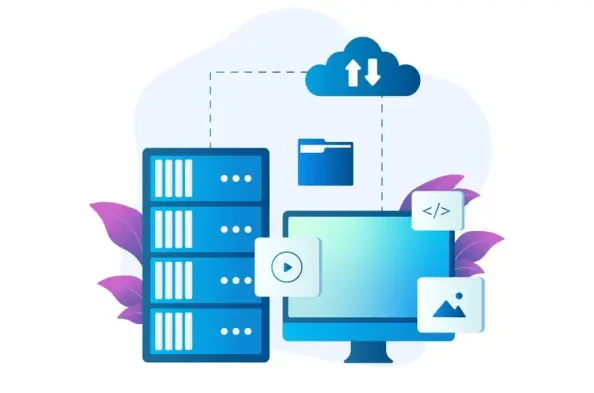As cloud security becomes increasingly paramount, Microsoft has bolstered its arsenal with the launch of Azure Confidential Virtual Machines (VMs). Notably, in response to significant breaches such as the Storm-0558 incident, Microsoft has made substantial strides to enhance security measures through the implementation of cutting-edge technologies. This review examines the latest developments and features of Azure Confidential VMs, exploring their implications for the cloud computing landscape.
Introduction
Microsoft’s recent endeavors to fortify its cloud security infrastructure have garnered attention, particularly with the integration of Azure Confidential VMs. These enhancements come in the wake of sophisticated attacks, prompting a comprehensive review of security protocols. Azure Confidential VMs leverage the Azure Managed Hardware Security Module (HSM) service to provide robust protection for sensitive data and ensure the integrity of cloud services.
Key Features of Azure Confidential VMs
Security and Confidentiality
Azure Confidential VMs are designed with built-in security measures that prioritize data protection. Utilizing Azure Managed HSM, they generate, store, and rotate access token signing keys, effectively mitigating potential threats. These steps are intended to bolster defense mechanisms against exploits similar to the significant Storm-0558 breach. Additionally, security enhancements encompass validating 90% of identity tokens from Entra ID through a hardened SDK.
Scalability and Performance
Scalability is a hallmark of Azure Confidential VMs, ensuring adaptability for various organizational needs. The technical architecture supports seamless scaling while maintaining optimal performance levels. Through real-world applications, enterprises have observed substantial benefits in resource management and workload distribution. These capabilities underscore the VMs’ potential to handle demanding computing tasks without compromising security.
Latest Developments
In recent years, Azure Confidential VMs have undergone noteworthy innovations in response to evolving cyber threats. Emerging trends in cloud security emphasize multifactor authentication (MFA) and proof-of-presence checks. Microsoft has enforced phishing-resistant MFA for 92% of employee productivity accounts and implemented stringent protections for 81% of production code branches. Furthermore, projects aimed at isolating customer support workflows underscore measures to mitigate lateral movement risks.
Real-world Applications
The deployment of Azure Confidential VMs spans diverse industries, reflecting their versatility and impact. Sectors such as finance, healthcare, and government have adopted these VMs to safeguard highly sensitive information. Unique use cases include securing financial transactions, protecting patient records, and ensuring compliance with stringent regulatory standards. These implementations highlight the transformative role of Azure Confidential VMs in advancing data security across various professional fields.
Challenges and Limitations
Despite its advancements, Azure Confidential VMs face several technical and regulatory challenges. Addressing these hurdles requires continuous development efforts and collaborative industry initiatives. Market obstacles, including compliance with varying global regulations, pose additional complexities. Nevertheless, ongoing enhancements in hardware security and software integration aim to overcome these barriers.
Future Outlook
Looking ahead, anticipated advancements in Azure Confidential VMs hold promise for enhanced cloud security and computing innovation. Projected breakthroughs include more sophisticated encryption techniques and automated threat detection systems. The long-term impact on industries is expected to be profound, with secure cloud infrastructures becoming foundational. Speculative developments may also introduce unprecedented levels of data integrity and confidentiality, shaping the future of digital security.
Conclusion
In summary, Azure Confidential VMs represent a significant leap forward in cloud security and performance. By addressing both technical and regulatory challenges, Microsoft has demonstrated a strong commitment to safeguarding sensitive data. The current state of Azure Confidential VMs positions them as a crucial component of modern cloud infrastructures. Future advancements will likely continue to redefine industry standards, ultimately enhancing the security landscape for enterprises worldwide.






